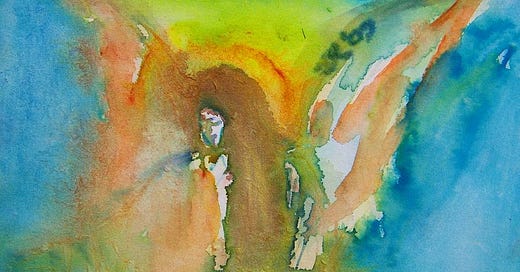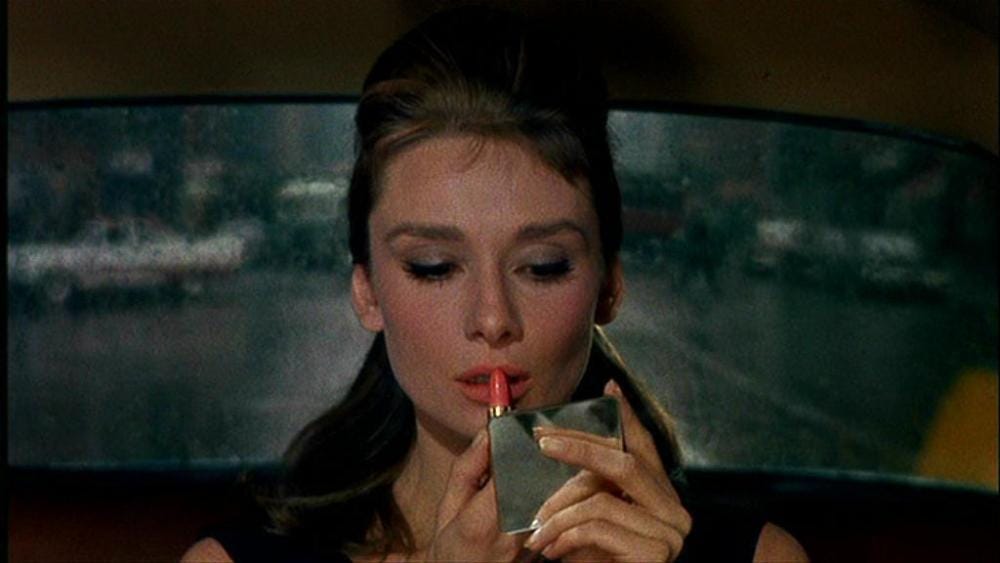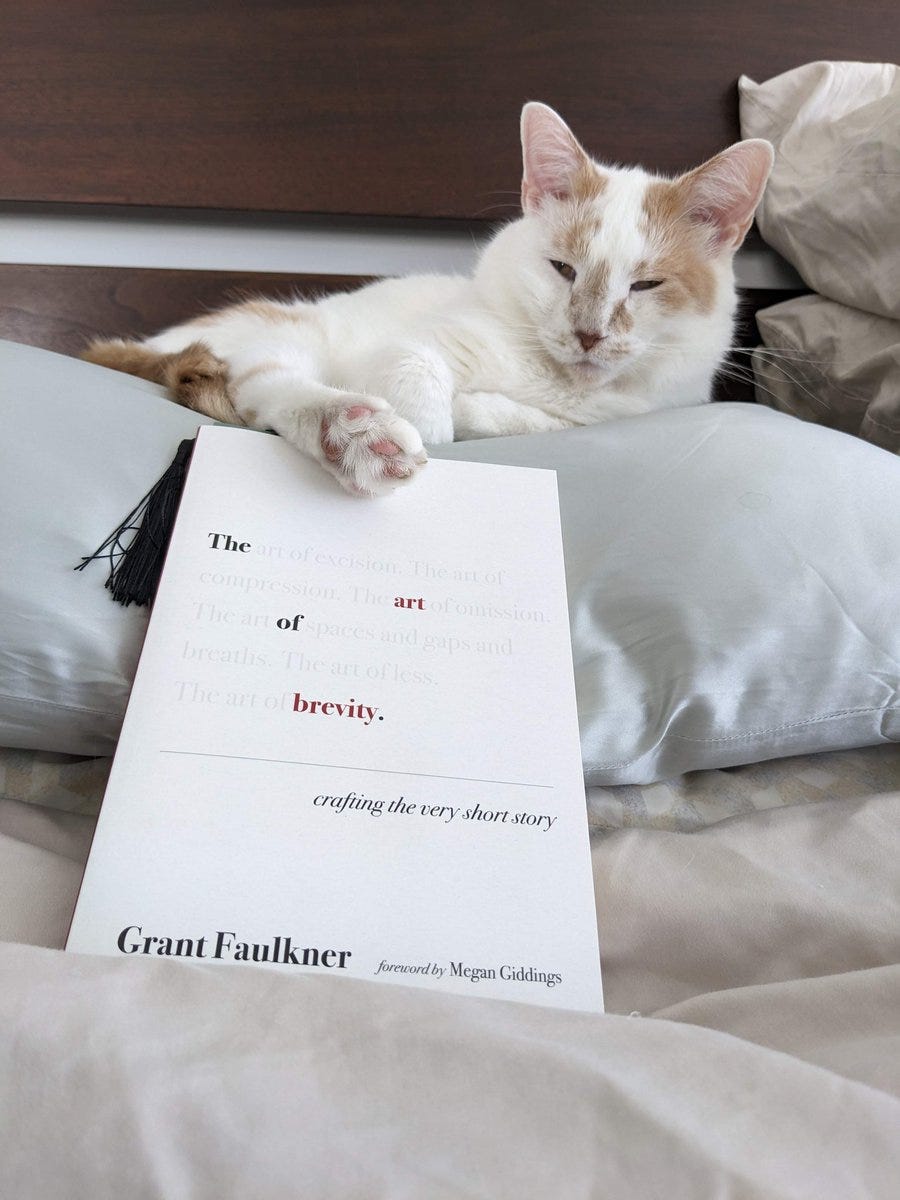“I've learned that people will forget what you said, people will forget what you did, but people will never forget how you made them feel.”
~ Maya Angelou
I recently experienced the viciousness of this world.
We experience viciousness in some form again and again throughout life, but it’s always interesting to me how it catches me off guard. I’m startled and defenseless each time. No matter if it’s a small, passing viciousness or one that escalates and takes on a life of its own, the sharpness of the pain is always just as sharp.
A common human fallacy: we expect the world to be fair and good. It’s not a bad thing to assume this—to move with trust in the world—but it also sets you up for despair and helplessness. And perhaps worse: it can set you up to be harmed.
The antidote to viciousness isn’t distrust or retaliation, though. It’s kindness. It’s paradoxical because our impulses are to defend, to hurt back, to win, but all of those acts serve as fuel for more viciousness.
To be kind is an act of the imagination that takes savvy and bravery. You risk losing by “fighting” on different terms. You make yourself vulnerable to other attacks. When you choose to reside in gentleness, you have to drop your shield.
Kindness and the imagination
The Dalai Lama said that just as we can’t live without water, we can’t live without kindness. It’s the building block of every life.
And of every work of art.
Kindness is a grand act of the imagination—to see life’s annoyances or struggles or pains through another’s eyes, and then to choose to try to make them happier somehow—just because we have that power.
The choice is the superpower. You’re in the center of a drama. You can walk away. Or you can choose to recast the drama with a new storyline, a reprieve (kindness can be magical).
“If you have to choose between being kind and being right, choose being kind and you will always be right,” said the Dalai Lama.
The irony: trying to be kind instead of trying to be right is a way to have a conversation about what is right.
Studying kindness, studying sorrow
In an earlier newsletter post, Attention and Devotion, Devotion and Adventure, I pondered a famous line of poetry from Mary Oliver, “Attention is the beginning of devotion.” Every time I encounter this line, I have to pause and think about what I pay attention to, and then when I pay attention to my attention, things that generally go unnoticed suddenly blossom with unexpected life. Paying attention becomes an adventure unto itself.
Paying attention is the first step of kindness. To pay attention not only to another’s pain but to pay attention to your own reactions, your own behavior. Deep kindness is born of deep study, a study that is painful by nature.
“What I regret most in my life are failures of kindness,” said the author George Saunders about his “studies.” My guess is that George Saunders has written many a story out of his failures of kindness because we seek reconciliation in our stories. The more a writer thinks about failures of kindness, the better they’ll be able to explore those failures of kindness that form our human drama.
Consider the poem “Kindness” by Naomi Shihab Nye.
Before you know what kindness really is you must lose things, feel the future dissolve in a moment like salt in a weakened broth. What you held in your hand, what you counted and carefully saved, all this must go so you know how desolate the landscape can be between the regions of kindness. How you ride and ride thinking the bus will never stop, the passengers eating maize and chicken will stare out the window forever. Before you learn the tender gravity of kindness you must travel where the Indian in a white poncho lies dead by the side of the road. You must see how this could be you, how he too was someone who journeyed through the night with plans and the simple breath that kept him alive. Before you know kindness as the deepest thing inside, you must know sorrow as the other deepest thing. You must wake up with sorrow. You must speak to it till your voice catches the thread of all sorrows and you see the size of the cloth. Then it is only kindness that makes sense anymore, only kindness that ties your shoes and sends you out into the day to gaze at bread, only kindness that raises its head from the crowd of the world to say It is I you have been looking for, and then goes with you everywhere like a shadow or a friend.
Because a quote
“After 45 years of research and study, the best advice I can give to people is to be a little kinder to each other.”
~ Aldous Huxley
Because another quote
“For attractive lips, speak words of kindness.”
~ Audrey Hepburn








It wows me how you position yourself at the intersection of literature and philosophy, Grant. Just like the rest of my all-time favorite writers.
In a world that could use a lot more kindness, this is a great reminder of how powerful compassion can be. It was such a lovely surprise to see this on my feed! Thank you Grant :)